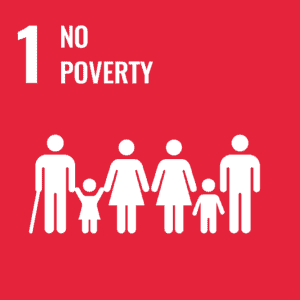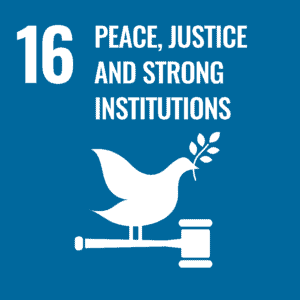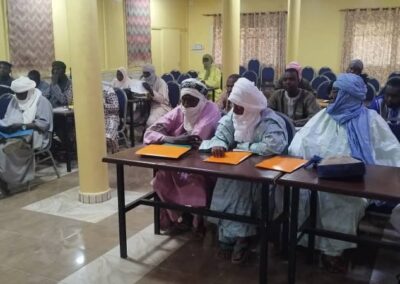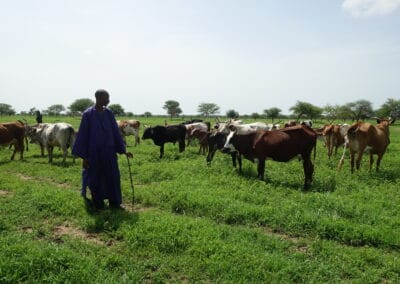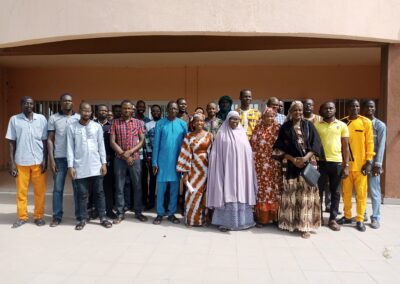Milk without borders:
Food and nutrition security, income and employment
Project Overview

Country
Mali
Project name
SKBo – Lait Sans Frontières
Duration of the project
Start: |
01.01.2024 |
End: |
31.12.2025 |
Budget
CHF 629’442
Partners
- Fenalait
- CAB Déméso
Financed by
- Swiss Agency for Development and Cooperation SDC
- Swisslos Lottery Fund of the Canton of Bern
- Swisslos Lottery Fund of the Canton of Appenzell-Ausserrhoden
- Swisslos Lottery Fund of the Canton of Graubünden
- City of Rapperswil
- Däster Schild Foundation
- Fagus Lucida
- Greendale Charitable Foundation
Project area
Topics
Tags
Background
The cross-border zone SKBo (Sikasso, Korogho, Bobo-Dioulasso) is a historically recognised area in terms of language, trade exchanges and cultural practices that link the communities in the region. On average, 70% of households own animals and the sale of milk is an important source of income for at least 30% of the population. However, the production level is very low compared to the level that could be achieved with improved cattle breeds, good feeding and healthy animals. The food and nutrition security situation is therefore deeply alarming. As of 2023, an average of 30% of households are severely food insecure and 49% are moderately food insecure and at risk of falling into severe food insecurity.
Goal
The aim is to achieve development that focuses on the production, processing and marketing of local milk. Furthermore, better utilisation of value chains is intended to improve the living conditions, resilience to food insecurity and social solidarity of vulnerable communities.
Approach
The value chain approach:
The aim is to consider every link in the local dairy chain in order to achieve added value and increase the professionalism of the actors in the individual links.
Empowerment and capacity building:
The project’s measures aim to improve the empowerment of households in the production chain through the adoption of good animal husbandry practices.
One-Health approach:
The project will target zoonotic diseases through vaccination campaigns and deworming of animals and strengthen collaboration with health services to offer GASPAs to children aged 6-59 months who are sensitive to animal products.
Which of the 17 UN Sustainable Development Goals does this project work towards?
